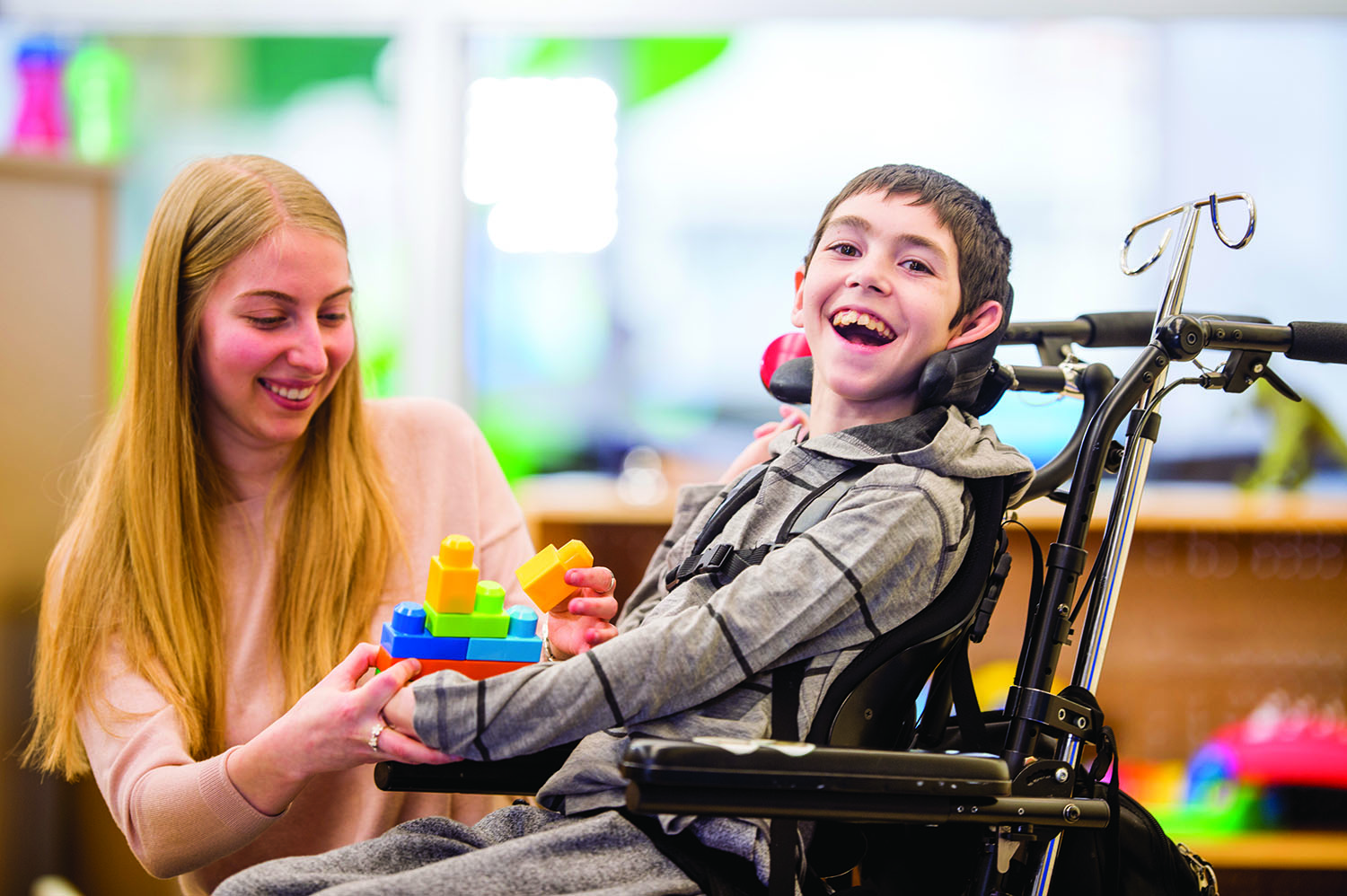Reading may seem easy and automatic for people who master it without difficulty. However, reading is a complex and challenging task for our brains, so we shouldn’t be surprised that so many kids struggle with it.
In fact, about 15-20 percent of the U.S. population has a specific reading disability called dyslexia, which is the major cause of reading failure in school. Dealing with this learning challenge can lead to frustration and self-doubt, especially when it goes undiagnosed for a long time.
The good news is that dyslexia can be identified early and kids who have it can be taught to become successful readers.
Reading and Dyslexia
Most kids begin learning to read by learning how speech sounds make up words (phonemic awareness) and then connecting those sounds to alphabet letters (phonics). Then they learn to blend those sounds into words and, eventually, they can instantly recognize words they’ve seen many times before.
Reading is a little like riding a bike: It requires doing many things at once with precise timing. With practice, typical readers gradually learn to read words automatically so they can focus their mental energy on comprehending and remembering what they’ve read.
Kids with dyslexia, though, have trouble with phonemic awareness and phonics. Research has shown that dyslexia occurs because of subtle problems in information processing, especially in the language regions of the brain. For this reason, reading doesn’t become automatic and remains slow and labored. When a child struggles with these beginning steps in reading, comprehension is bound to suffer and frustration is likely to follow.
A common assumption about dyslexia is that letters or words appear reversed; i.e., “was” appears like “saw.” This type of problem can be a part of dyslexia, but reversals are very common among kids up until 1st or 2nd grade, not just kids with dyslexia. The major problem for kids with dyslexia is in phonemic awareness, phonics and rapid word recognition.
Diagnosing Dyslexia
Dyslexia is usually diagnosed during elementary school. In some cases, it doesn’t become apparent until a child is older and is expected to read and comprehend longer and more complex material. Continuing problems with advanced reading, spelling and learning a foreign language may be signs that a bright teenager has dyslexia.
Delays in identifying kids with dyslexia can create a bigger reading problem and a drop in self-esteem. So it’s important to recognize symptoms early in elementary school and begin reading instruction right away.
In preschool and elementary school kids, some signs of dyslexia include difficulty with:
- Learning to talk
- Pronouncing longer words
- Rhyming
- Learning the alphabet sequence, days of the week, colors, shapes and numbers
- Learning letter names and sounds
- Learning to read and write his or her name
- Learning to identify syllables (cow–boy in cowboy) and speech sounds (phonemes: b-a-t in bat) in words
- Sounding out simple words
- Reading and spelling words with the correct letter sequence (“top” versus “pot”)
- Handwriting and fine-motor coordination
Older kids, teenagers and adults might have these same signs of dyslexia and probably also will:
- Read and spell far below grade level
- Avoid reading and writing
- Work slowly on reading and writing assignments and tests
- Struggle with learning a foreign language
Dyslexia runs in families. Kids of parents with a history of reading struggles are likely to have problems, too.
Children who struggle with learning to talk as preschoolers also are at higher risk for dyslexia. The reading progress of kids with either or both of these factors should be closely monitored.
Dyslexia can only be formally diagnosed through a comprehensive evaluation by a reading specialist or psychologist, either at school or in the community. Pediatricians often know the signs of dyslexia and can guide families to proper help. It’s important that the person who evaluates a child be properly trained and have experience with dyslexia.
Treating Dyslexia
Fortunately, with the proper assistance and help, most kids with dyslexia are able to learn to read and develop strategies that allow them to stay in the regular classroom.
They usually work with a specially-trained teacher, tutor or reading specialist to learn how to read and spell, and manage the condition. Your child’s teacher, psychologist, or pediatrician may recommend an academic therapist — also called an education therapist or an academic language therapist — who is trained to work with kids with dyslexia.
Federal laws entitle kids with dyslexia (under certain circumstances) to special help in public schools, such as specialized instruction, extra time for tests or homework or help with taking notes. Parents of kids who are diagnosed with dyslexia should discuss these laws and accommodations with school personnel.
Success Beyond Dyslexia
Even with appropriate intervention, kids with dyslexia may find school a struggle. It’s important to support your child’s efforts by encouraging and assisting in reading at home. Also try to give your child opportunities to build confidence and have success in other areas, such as sports, hobbies, art and drama.
Dyslexia doesn’t have to be a hurdle to success. It doesn’t mean that you or your child’s teachers should lower your expectations for the child. Artists, athletes, scientists and statesmen all have been able to achieve great things despite trouble with reading.
If you think your child might have dyslexia, talk with your doctor, your child’s teacher or a reading specialist. The sooner a reading problem is addressed, the sooner your child can get the proper help.
This information was provided by KidsHealth.org, one of the largest resources online for medically reviewed health information. Produced by The Nemours Foundation Center for Children’s Health Media in Wilmington, DE, KidsHealth includes sections specifically written for parents, kids and teens. For more articles like this one, visit www.KidsHealth.org






